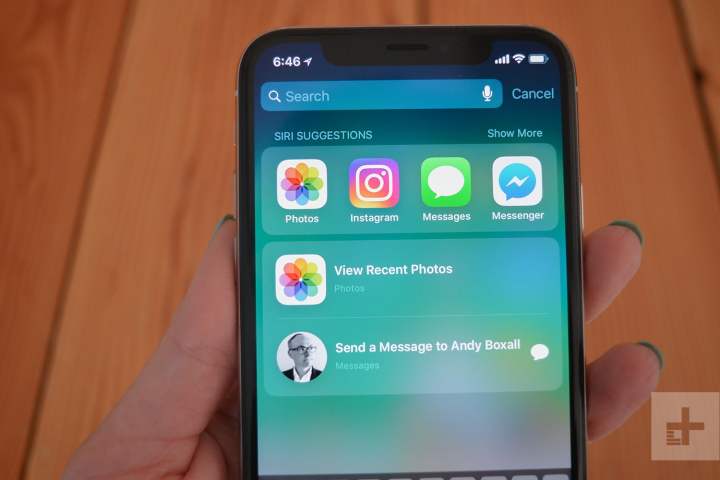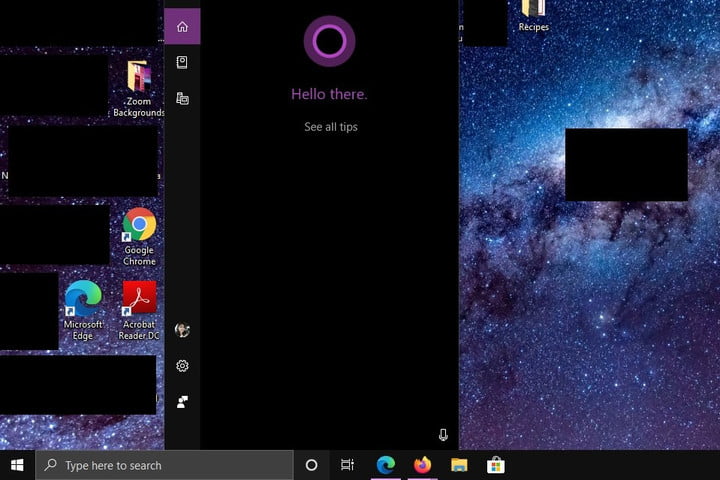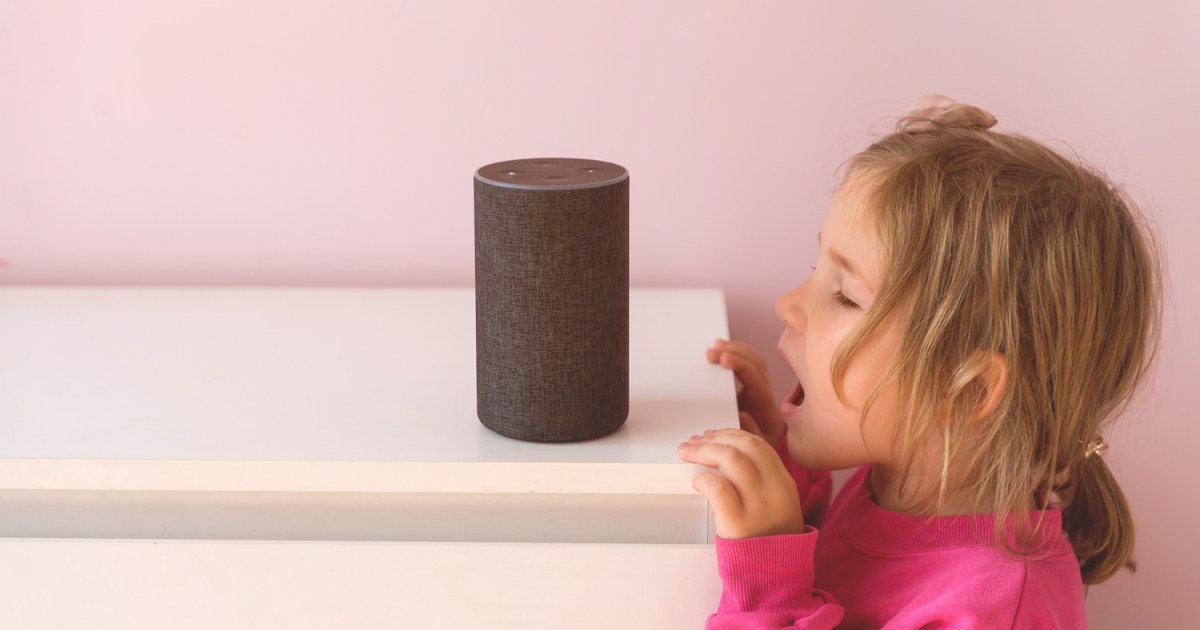Smart assistants may just be the tip of the iceberg that will put us out of work in the future… or completely obsolete with the advent of chatbots like ChatGPT, Bard and others. Virtual assistants like Cortana, Siri, Google Assistant, and Alexa are the hallmark of smartphones and tablets, so knowing which one is best can make a big difference in your next hardware purchase.
To see how they fit together, we pit Cortana, Siri, Google Assistant, and Alexa in a virtual head-to-head battle.
You may also be interested how to disable google assistant, how to use amazon alexa app on any mobile phone or the most original and funny questions for Siri.
Voice recognition and response speed
The digital assistant will be controlled primarily by the user’s voice, so its ability to know when it’s being spoken to and understand what it’s saying is important. Each has a trigger word or phrase, such as “Hey Cortana,” “Ok Google,” “Siri,” or “Alexa,” that causes the digital assistant to listen and respond to the next request. Now, if you have a special accent, or if you are the type who doesn’t like to shout, will there be helpers who will understand and listen to you better than others?
While each of these assistants offer good voice recognition, Google Assistant and Siri are better at picking up what you’re saying, especially when there’s ambient noise or when the assistant itself is relaying certain information to the user. Microsoft claims that Cortana is good at understanding context, but she’s much more diligent than the other two, trying to really listen to what you’re saying, just like Alexa. For the last two, a quiet environment is best, as background noise can greatly interfere with the perception of what you are asking for.
As far as response times go, Google Assistant is once again prominent here, providing quick responses to whatever is requested. However, Alexa and Siri are hot on the heels, with Cortana coming last. Some have reported problems with Cortana understanding even basic requests even when her microphones are working correctly (like setting reminders, canceling tasks, or looking up restaurant information), and it’s hard to measure her response time if she can’t hear what you’re asking. . When the command is correctly understood by digital assistants, Siri can get ahead of Alexa, though this largely depends on what you’re asking for. Bottom line: When it comes to voice recognition, Siri and Google Assistant fall into this category. But when it comes to response time, Google Assistant is the clear winner.
Features and Opportunities

Whichever virtual assistant you use, they all support the same core features, such as the ability to set calendar events, set alarms, make calls, send emails and messages, and of course, play music. But each of them also have their own quirks and features that make them unique in their own way.
Cortana uses Microsoft’s Bing search engine to perform searches and respond to information requests, while Siri and Google Assistant use Google. While the latter two may use the same search platform, for example, when you request information about restaurants, Siri will ask you to call or place an order. If you already know where you want to eat, the three of you can book a table or order food for you.
Google Assistant has another benefit for those who regularly use the Google search engine: it knows a lot about you. While this raises some privacy concerns, it also means it’s arguably the most personalized service, at least when you first start using it. Its natural Google Duplex voice system holds great promise for more natural conversations with Google Assistant, whether between him and his owner or with other people.
Some of the features offered by the wizards work differently depending on the platform you use them on. Google Assistant reads the news to you on your home speaker, and Cortana on your smartphone. Siri only likes to play music through Apple Music, while Cortana and Google Assistant work great with Spotify and music stored on your device.
Alexa is great for simple commands and ordering stuff on Amazon, but if you want a digital assistant that can easily understand your everyday language and doesn’t require a manual to use it 100 percent, you need to look elsewhere. It’s close, but when it comes to ease of use, personalization, and natural communication, Google Assistant outperforms the competition.
Ecosystem integration

Perhaps the biggest difference between the leading virtual assistants is what hardware and platforms they can integrate with. Siri can work fine with Homepod speakers, AirPod headphones, and devices like iPhone and iPad, but you can’t use it on your Android device or Windows PC. For its part, Google Assistant is available on Android and iOS platforms, and with a few tweaks, you can even run it on Windows or Linux. You also have compatible hardware options like the Google Home and Chromecast smart speaker, and it’s slowly integrating with Chrome OS devices like the Google Pixelbook.
Cortana is very similar, with a wide range of software and hardware platform support. It integrates with all Windows 10 devices, including all Windows 10 PCs, (now defunct) Windows 10 Mobile, and the Xbox One console. powerful and essential Cortana apps for iOS and Android. As part of the Amazon ecosystem, Alexa can easily connect to Fire TVs and tablets, as well as many other Bluetooth speakers in a variety of designs, and also provides a great foundation for anyone looking to build a smart home.
Speaking of how easy it is to start building a smart home, the only helper that will take you a lot of time is Cortana. While Alexa, Google Assistant, and Siri have settings that only require a username and password and take less than a minute to get them up and running, Cortana walks you through a few steps.
All in all, getting Cortana up and running is more of an odyssey than a joy, which is why it ranks last in this category. When we talk about the ease of use of an ecosystem, we have a connection between three: Alexa, Google Assistant, and Siri. However, when it comes to platform availability and hardware integration, Google Assistant and Cortana are the best.
Google Assistant wins… so far
We have a verdict that will not surprise anyone: these systems work with the products of the company that created them. Obviously with Apple products you will have Siri and Cortana is only available on Windows laptops, tablets and phones.
Google Assistant is an exception as it works almost flawlessly on most devices and platforms, although it will work better when integrated with Google services. For now, Alexa works best with Amazon products, although the app works on iPhones, for example. However, with Amazon’s growing dominance of the market, we see a huge potential for Alexa.
Source: Digital Trends
I am Garth Carter and I work at Gadget Onus. I have specialized in writing for the Hot News section, focusing on topics that are trending and highly relevant to readers. My passion is to present news stories accurately, in an engaging manner that captures the attention of my audience.










